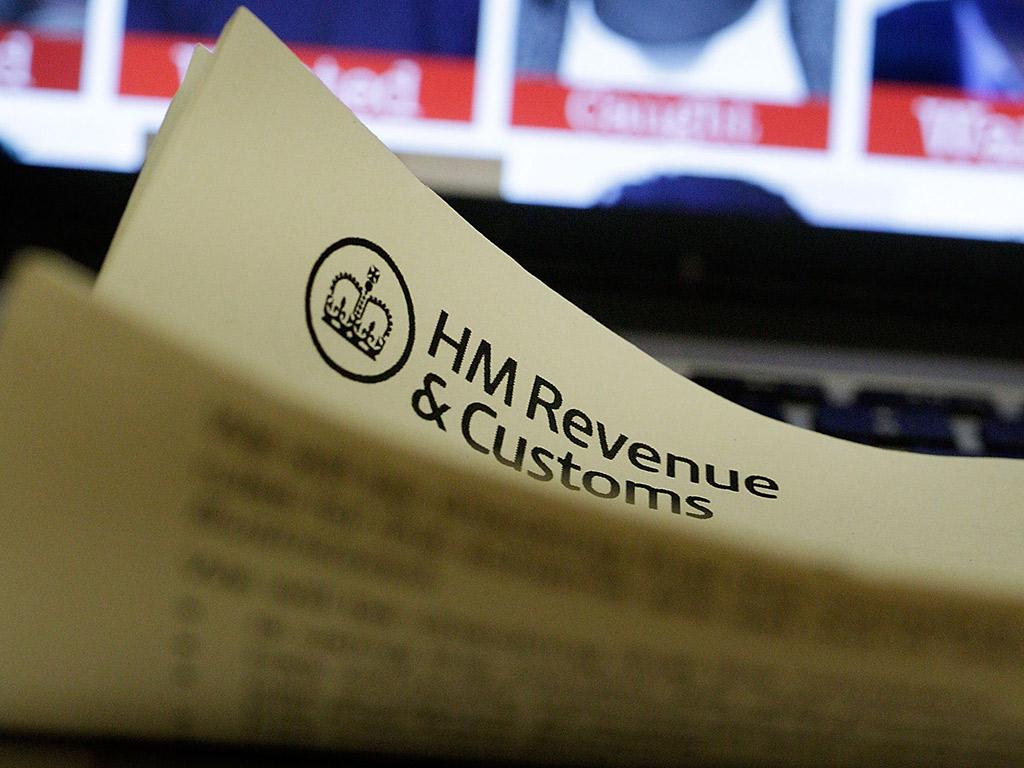Autumn Statement: HMRC a digital tax titan? It can’t even answer the phone
The potential for this to end badly is real, and it won’t be just the Chancellor’s tax avoidance targets that suffer along the way


Your support helps us to tell the story
From reproductive rights to climate change to Big Tech, The Independent is on the ground when the story is developing. Whether it's investigating the financials of Elon Musk's pro-Trump PAC or producing our latest documentary, 'The A Word', which shines a light on the American women fighting for reproductive rights, we know how important it is to parse out the facts from the messaging.
At such a critical moment in US history, we need reporters on the ground. Your donation allows us to keep sending journalists to speak to both sides of the story.
The Independent is trusted by Americans across the entire political spectrum. And unlike many other quality news outlets, we choose not to lock Americans out of our reporting and analysis with paywalls. We believe quality journalism should be available to everyone, paid for by those who can afford it.
Your support makes all the difference.It will be at the heart of a digital revolution while delivering billions of pounds to the Exchequer by putting the squeeze on tax avoidance and evasion.
To listen to George Osborne, by 2020 HM Revenue & Customs will have been transformed into a digital tax titan, an example for the world to follow. That’s right, the same HMRC that can’t even answer its phone calls.
Well, I suppose Mr Osborne had to be able to deliver a few funnies to lighten his speech.
HMRC is expected to deliver us “an additional £5bn a year” by tackling tax avoidance, aggressive tax planning, tax evasion, non-compliance and imbalances in the tax system by 2019-20. The accountants I’ve spoken to differ on how credible that figure is. But Cormac Marum, of Harwood Hutton, pointed out archly that if HMRC was any good that figure really ought to start off big and fall over time.
He also noted that last year’s big tax avoidance announcement – the so-called Google tax designed to stop multinationals artificially shifting profits out of the UK – took effect from April. It’s set to raise the sum of £25m next year and thus gets rounded down to zero in this Autumn Statement document because the table covering it is published in billions.
While it is bringing tax cheats to book, HMRC is expected to deliver £717m of “sustainable resource savings” by 2019-2020, and £1.9bn cumulatively over the period of the spending review. Crikey! Partly, that will be achieved through the closure of your local tax office. Some 170 of those will go, and HMRC bosses should be able to make a few quid selling off the property, while they’re replacing them with 13 ultra modern regional centres.
The workforce is supposed to be smaller but more highly qualified. Which is where the another problem comes in. Frank Nash, a partner with accountancy firm Blick Rothenberg, tells me that Gordon Brown’s introduction of self-assessment, which called for us taxpayers to calculate our liabilities as opposed to the HMRC doing it, resulted in the organisation de-skilling.
Many tax inspectors departed, replaced by call-centre operatives whose job was to point those lucky enough to get through to relevant parts of the website. At the time, no one was too worried about people gaming that system because the economy was booming and the Treasury was flush with cash.
No longer, and HMRC is faced with finding a new generation of highly skilled staff, while battling to keep those it retained and pushing through major organisational change. You can see the problem there, can’t you?
Mr Osborne and friends have sought to make HMRC’s life easier in some respects by (again) making us taxpayers do its work by, for example, getting small businesses and the self-employed to file returns online every quarter.
As Mr Nash points out, the payment of capital gains tax on the sale of properties other than the family home has also been brought forward. Instead of 31 January after the preceding tax year, it will be due within 30 days. Congratulations, conveyancing solicitors. You’re going to become unpaid tax collectors.
Cutting corporation tax to 18 per cent will, of course, make handling transactions via a corporate framework increasingly attractive. With accounts online through Companies House, this makes things very visible, and easier to police.
But even taking these measures into account, the the Chancellor is asking an awful lot of an organisation whose chiefs are regularly hauled before MPs to explain their failures to meet customer service targets that only a government department could find stretching.
The potential for this end badly is real, and it won’t be just the Chancellor’s tax avoidance targets that suffer along the way.
Join our commenting forum
Join thought-provoking conversations, follow other Independent readers and see their replies
Comments